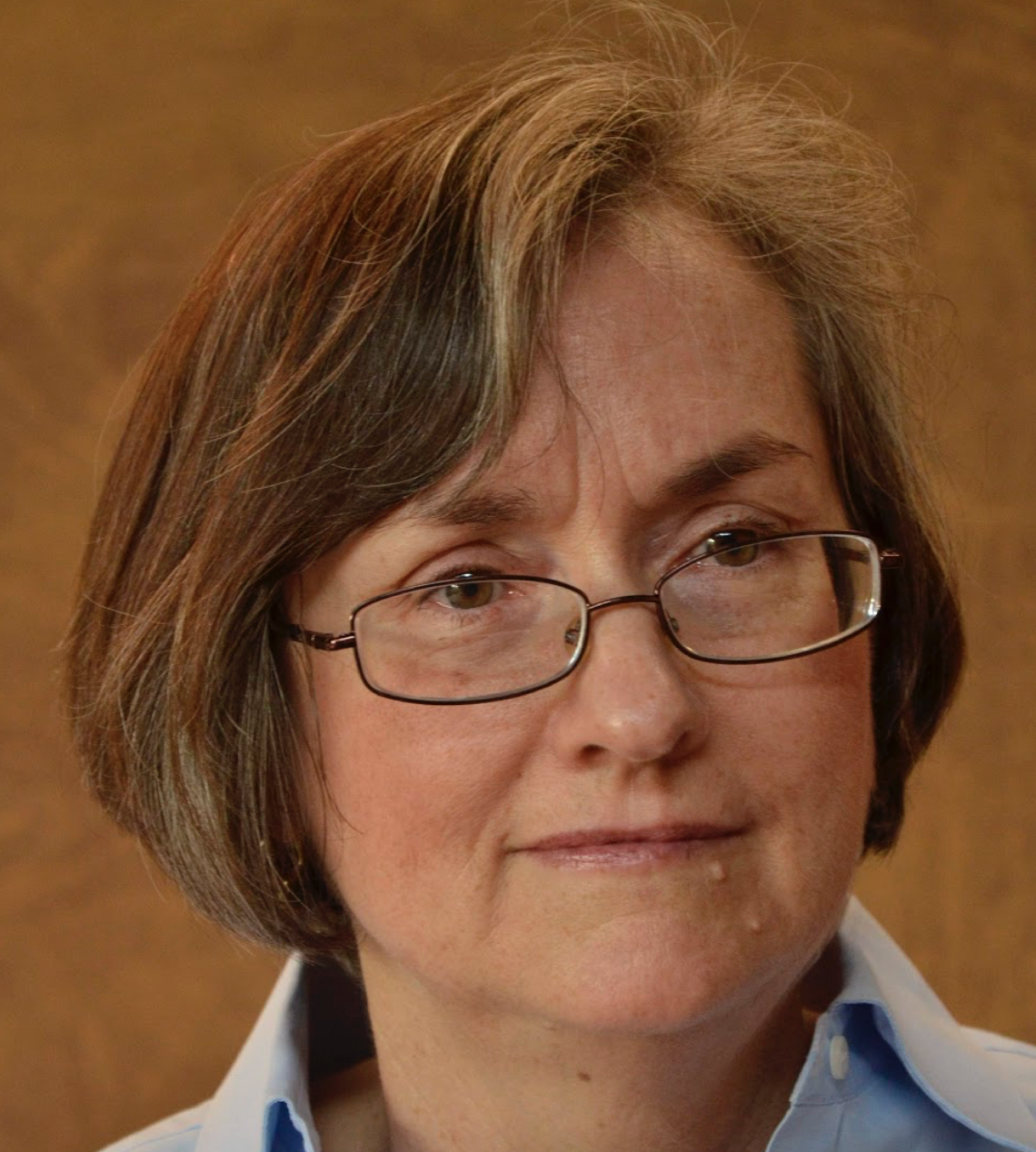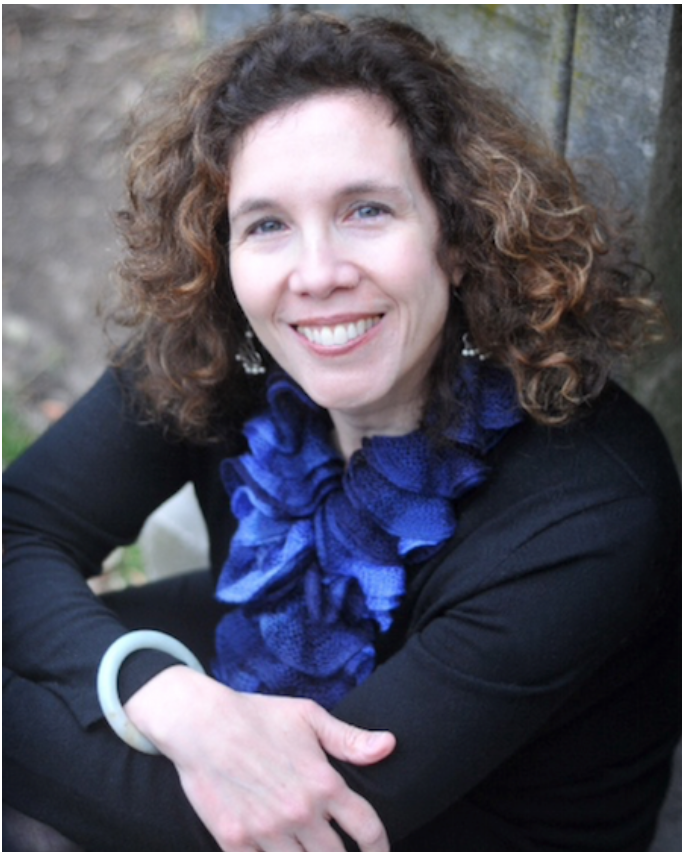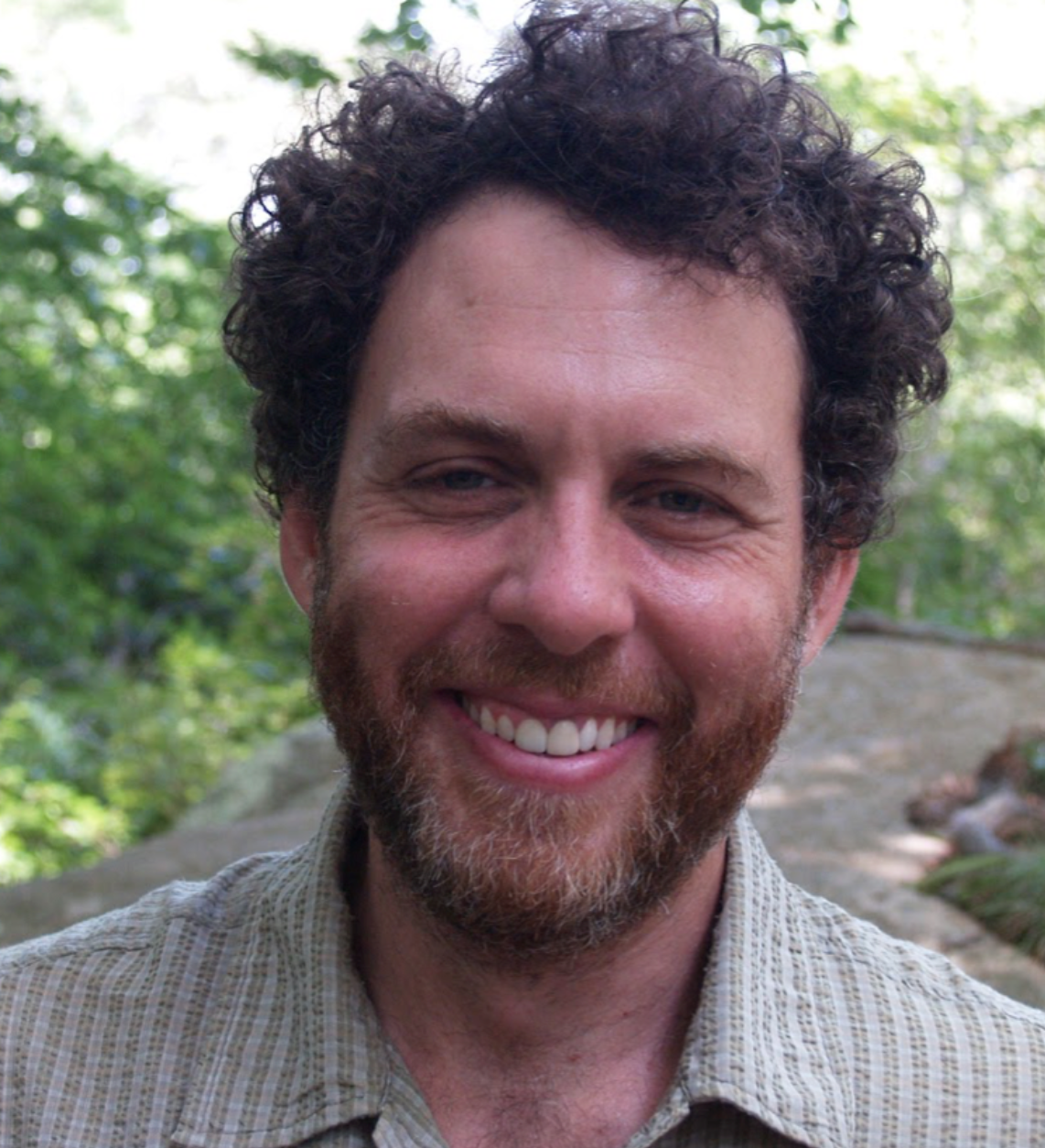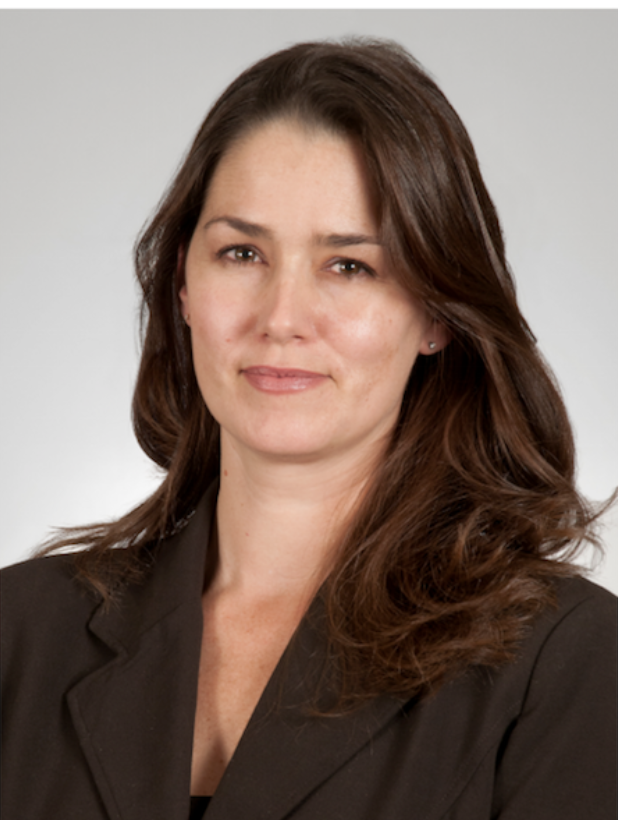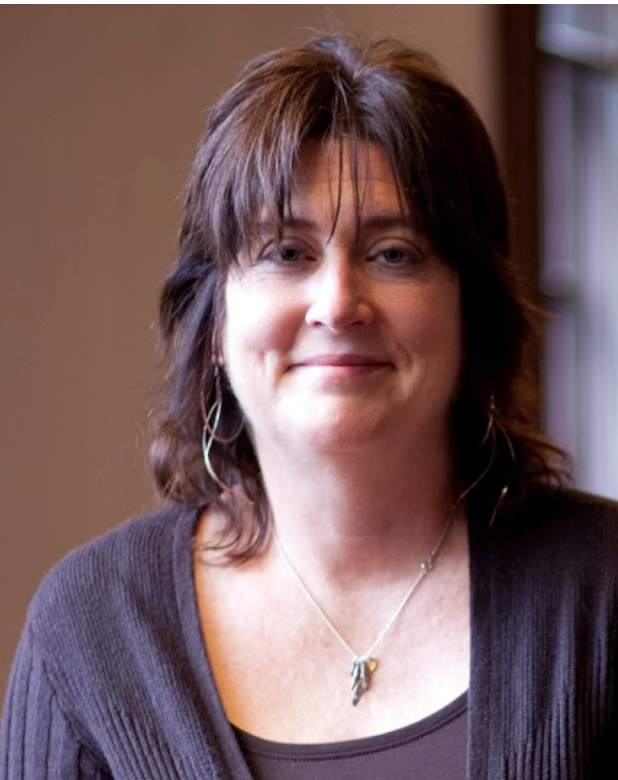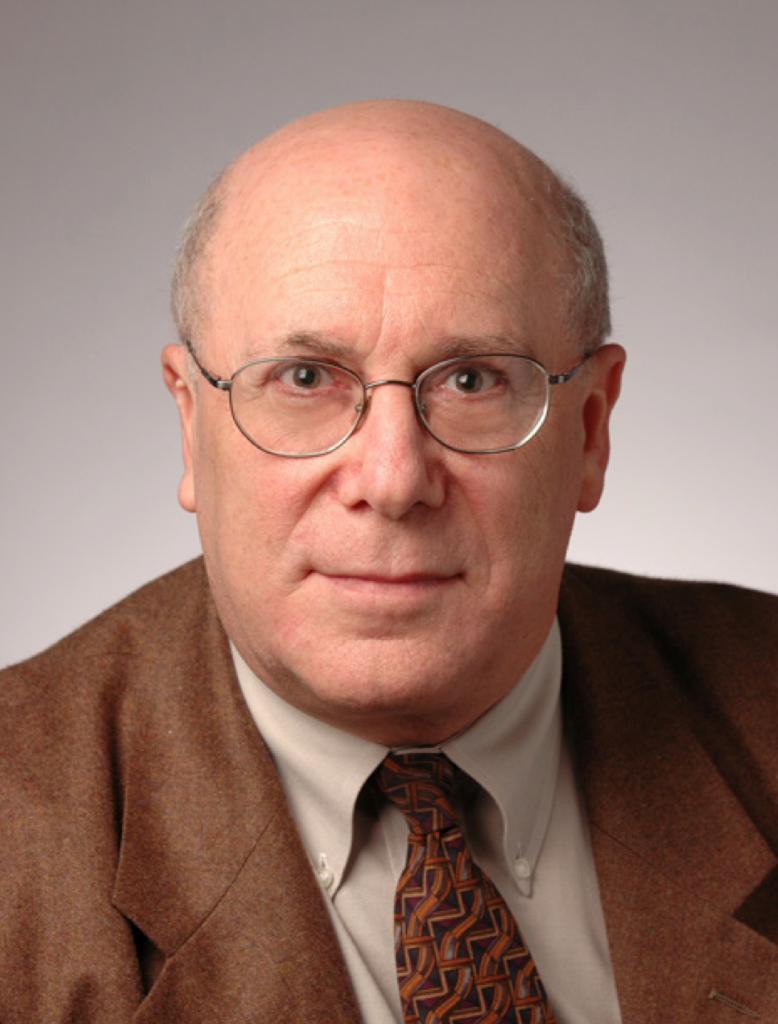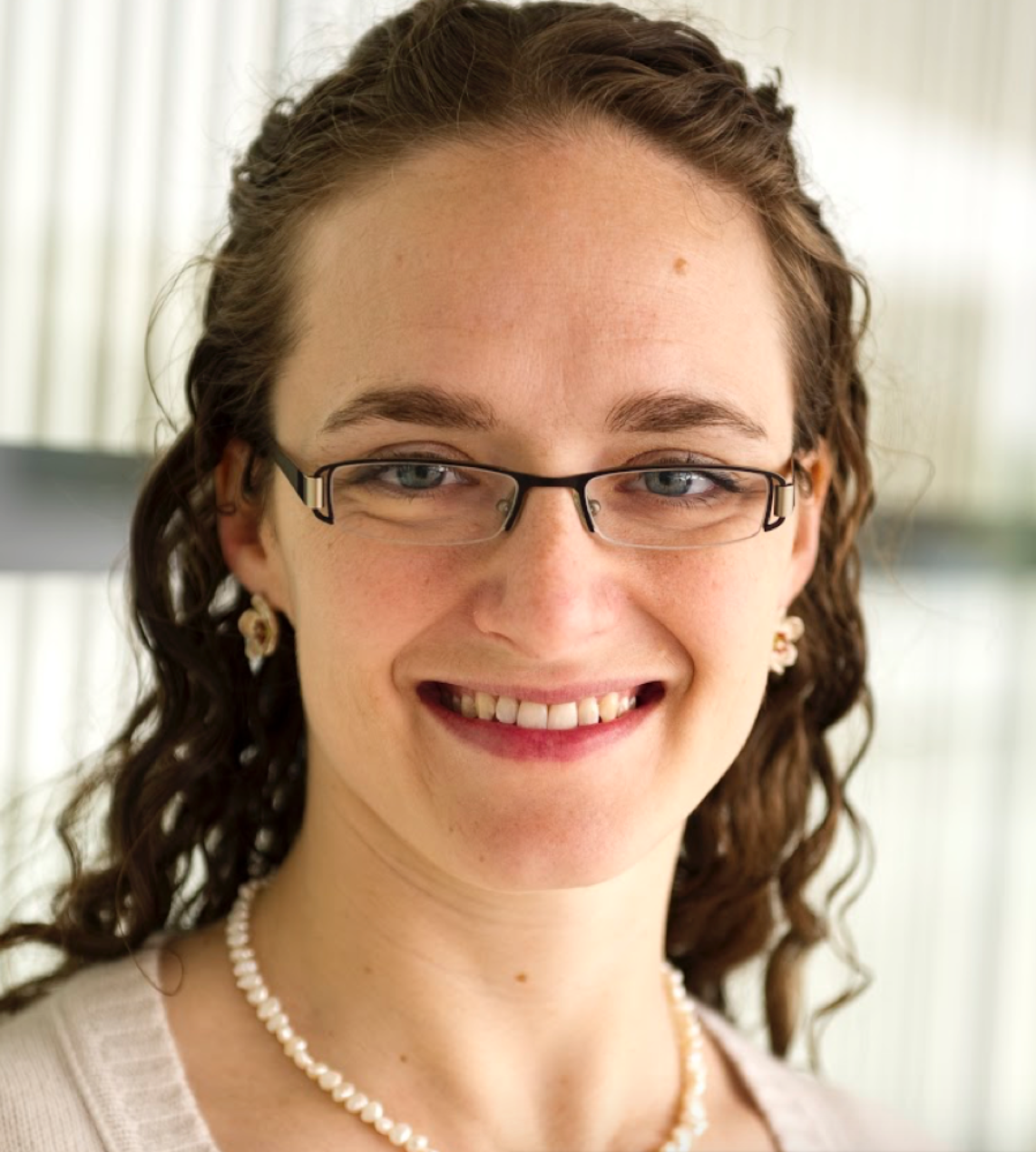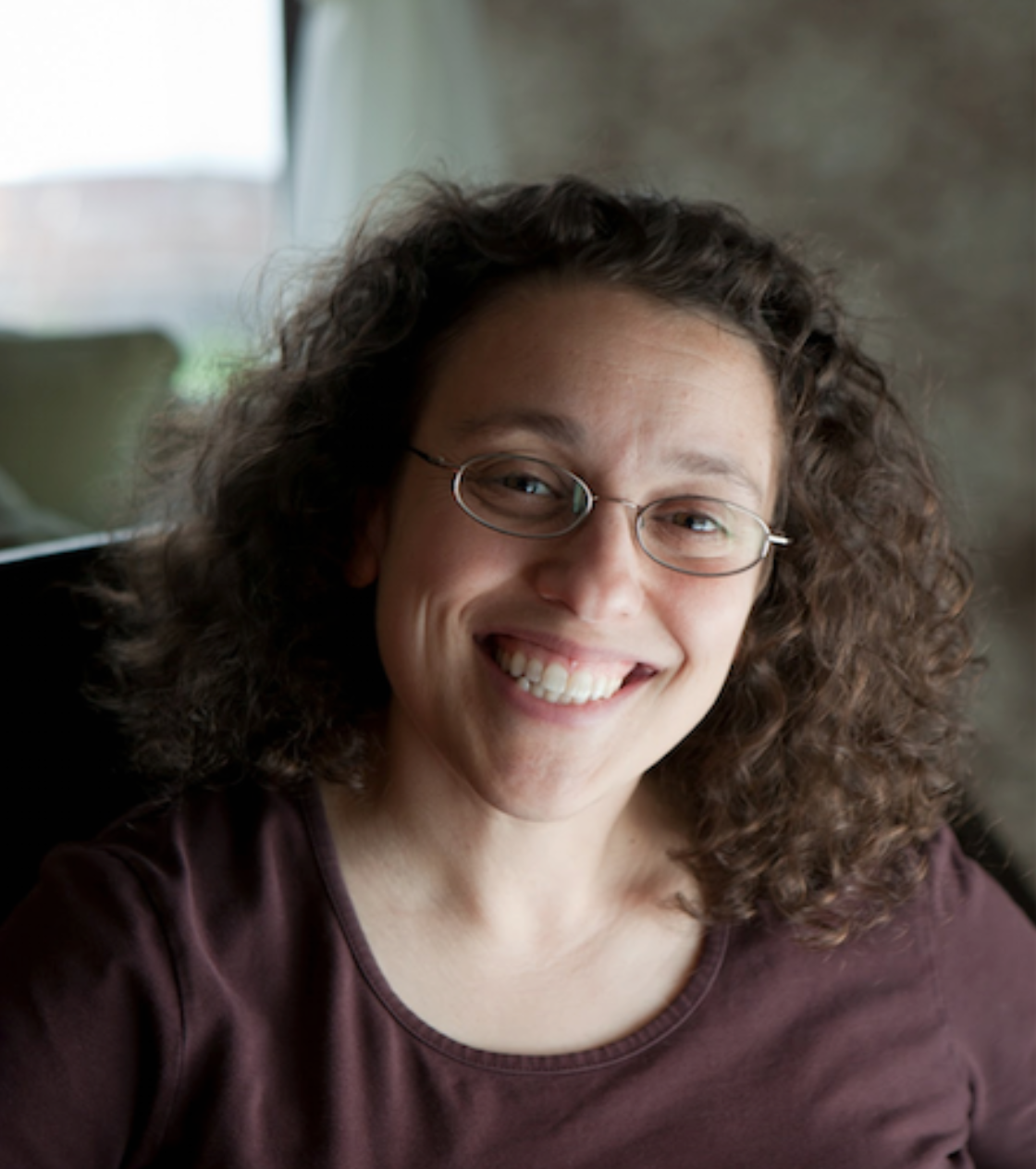Currently Managing Director at Humanity United, overseeing the Peacebuilding & Conflict Transformation portfolio, Melanie Cohen Greenberg, JD was previously President and CEO of the Alliance for Peacebuilding. Before this, she worked in both philanthropic and academic settings and has helped design and facilitate public peace processes in the Middle East, Northern Ireland, and the Caucasus. She has taught advanced courses in international conflict resolution, multi-party conflict resolution, and negotiation and is a writer, lecturer, teacher and trainer.
